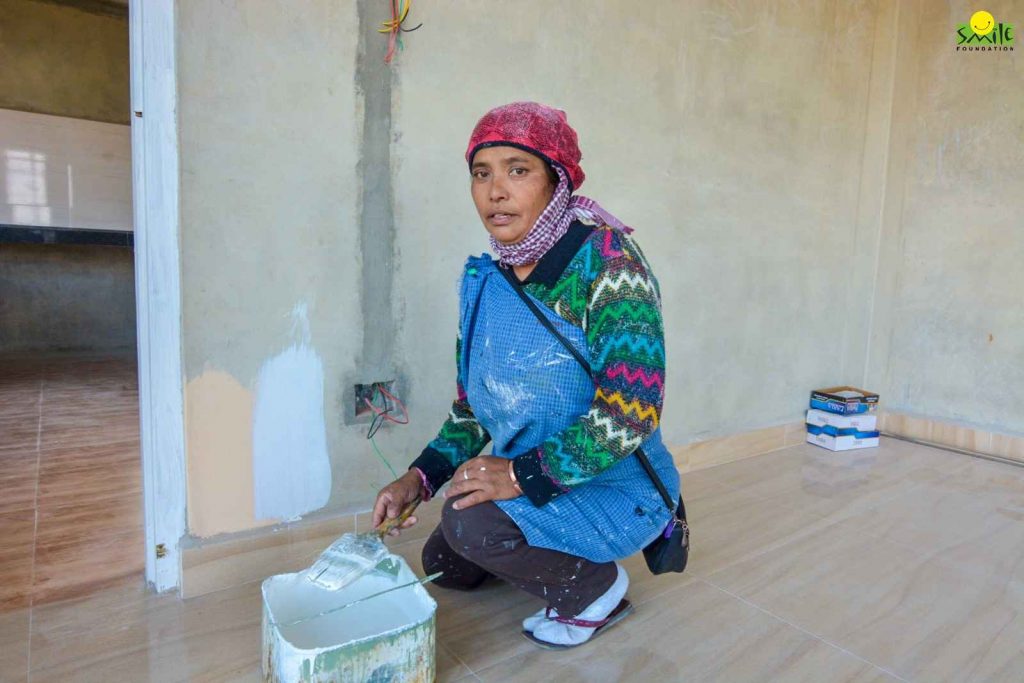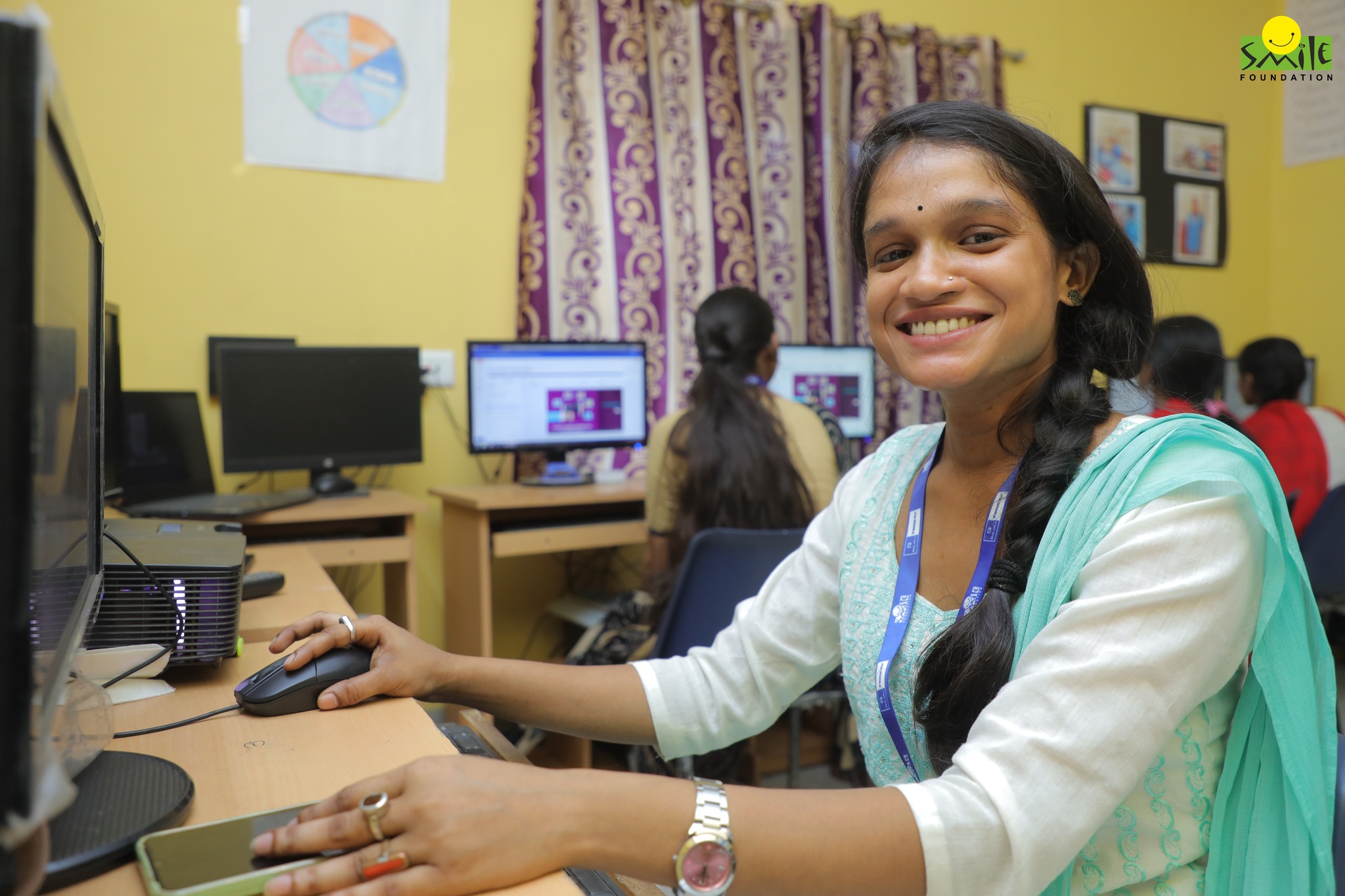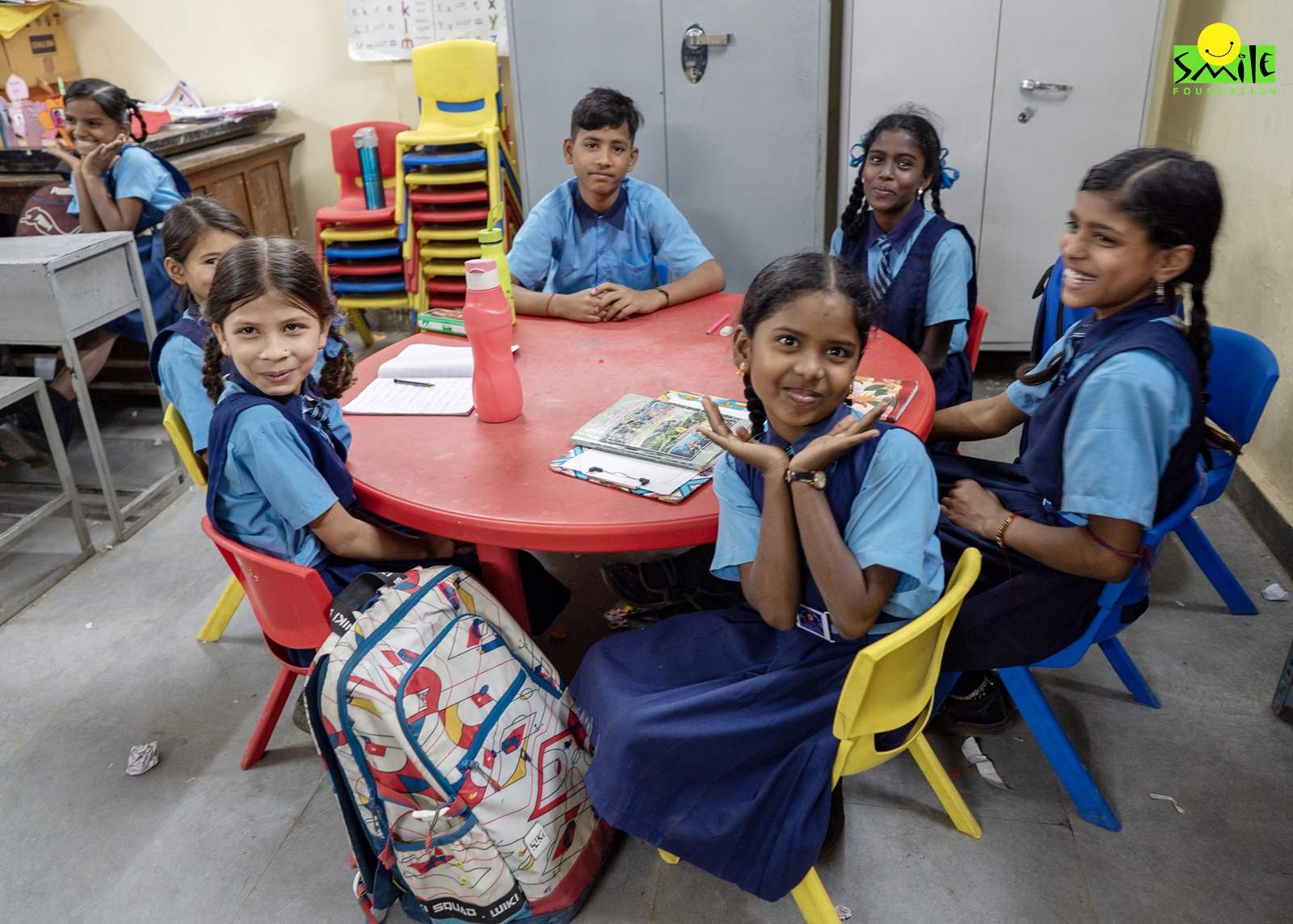In recent decades, the Indian workforce has witnessed a concerning trend of declining female participation, despite advancements in education, urbanisation, and overall economic growth. Although the female labor force participation has increased, it is still significantly lower than men.
The onset of the COVID-19 pandemic had exacerbated this situation, with female workforce presence dropping to 16.9 percent in 2021. Recognising the urgent need to reverse this trend, India must prioritise the integration of its missing women into the workforce. One promising solution lies in upskilling initiatives, aligned with the United Nations Sustainable Development Goals (SDGs) on decent work and gender equality.
The National Skill Development Mission, launched by the Indian government in 2015, underscores the potential of skilling to enhance female workforce participation. Research indicates that skills training significantly impacts workforce engagement among Indian women, irrespective of educational background. However, skilling programmes face challenges in recruiting and retaining female participants due to entrenched gender biases and societal norms that dictate the roles of women in the workforce.
The informal economy of India presents a unique challenge for skilling initiatives, particularly concerning its female workforce. Women constitute a significant portion of the informal sector, engaged in low-paying, insecure employment without social protection. These women often face gender discrimination, receiving less pay than their male counterparts. Consequently, skilling efforts must address these barriers and offer training programmes tailored to the needs and aspirations of women in the unorganised sector.
Persistent gender biases
While several government schemes aim to enhance female participation in skilling, there remain gaps in implementation and effectiveness. Programmes like the Pradhan Mantri Kaushal Vikas Yojana (PMKVY) and the Deen Dayal Upadhyaya Grameen Kaushal Yojana (DDU-GKY) have made strides in training women for diverse sectors, yet challenges persist in ensuring successful placement and retention in jobs.
Gender biases within skilling programmes perpetuate the segmentation of the job market, limiting women’s access to non-traditional occupations. Courses often reinforce stereotypical gender roles, steering women towards sectors like apparel, beauty, and healthcare. To address this, skilling initiatives must offer diverse training opportunities and challenge societal norms dictating the career choices of women.
Furthermore, the digital revolution poses both opportunities and challenges for women participation in the workforce. While digitalisation creates new avenues for employment, women lag behind men in digital literacy and access to technology. Bridging the digital gender gap is important to ensure the inclusion of women in the future of work.
Public-private partnerships for more women in unorganised sector
Public-private partnerships play an all-encompassing role in advancing gender-inclusive skilling initiatives. Collaborative efforts between government agencies, private enterprises, and civil society can drive impactful interventions tailored to the needs of women workers in the unorganised sector.
In India, the painting industry has long been dominated by men, with women’s participation rates languishing at just 29.4% overall, dropping to less than 10% in states like Bihar, according to the Periodic Labour Force Survey (PLFS July 2021-June 2022). However, the iTrain on Wheels programme of Smile Foundation supported by Berger Paints is rewriting this narrative by offering training opportunities to women keen on pursuing painting, aiming to bolster their presence in the field and promote gender diversity.
Breaking the stereotype through including more women in Smile’s iTrain on Wheels programme
This initiative has already sparked a notable uptick in female participation, marking a significant stride towards empowering women in the paint industry. Take the story of Amrutben Dineshbhai Bhuriya from Madhapar, Kachchh, Gujarat, for instance. Previously employed as a construction laborer, Amrutben exhibited remarkable determination and adaptability in her work. Transitioning to the realm of painting, she initially faced hurdles competing with her male counterparts due to a lack of expertise.
Fortunately, Amrutben’s fortunes changed when a paint supplier introduced her to the iTrain programme. Attending as the sole female participant when the iTrain mobile training unit visited her village, she seized the opportunity to acquire valuable skills, explore innovative painting techniques, and enhance her technical proficiency. Equipped with specialised tools and equipment from Express Painting, her service quality soared, positioning her as a role model for other women in her community. Actively participating in various iTrain modules, she broadened her knowledge base.
Today, Amrutben stands as a respected paint contractor in Madhapar, overseeing a team of 8-10 individuals. Her monthly earnings range between INR 60,000-80,000, reflecting the success of her endeavors. Expressing her gratitude, she remarked, “The iTrain training programme has transformed my life. I have gained extensive knowledge about colors and paints, and I am proud to be part of this transformative initiative.” Amrutben’s inspiring journey underscores the transformative potential of upskilling programmes like iTrain, paving the way for a more diverse and empowered workforce in the paint industry.
In conclusion, upskilling represents a promising pathway to empower women workers in India’s unorganised sector. By addressing gender biases, promoting digital literacy, and fostering collaboration across sectors, India can unlock the full potential of its female workforce and achieve inclusive economic growth.









